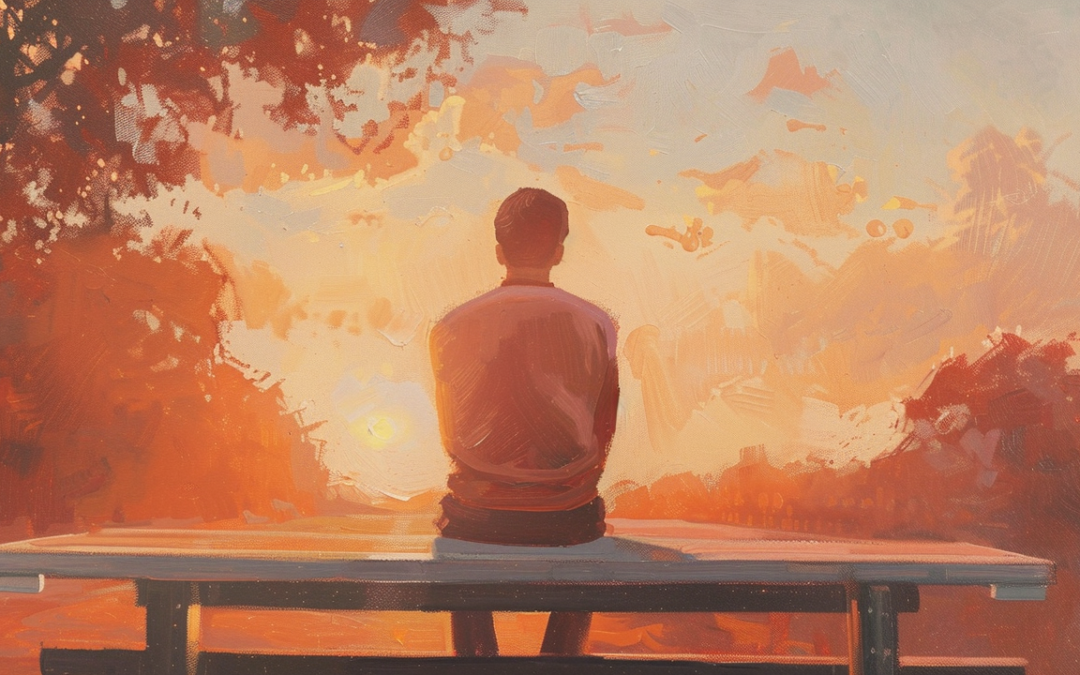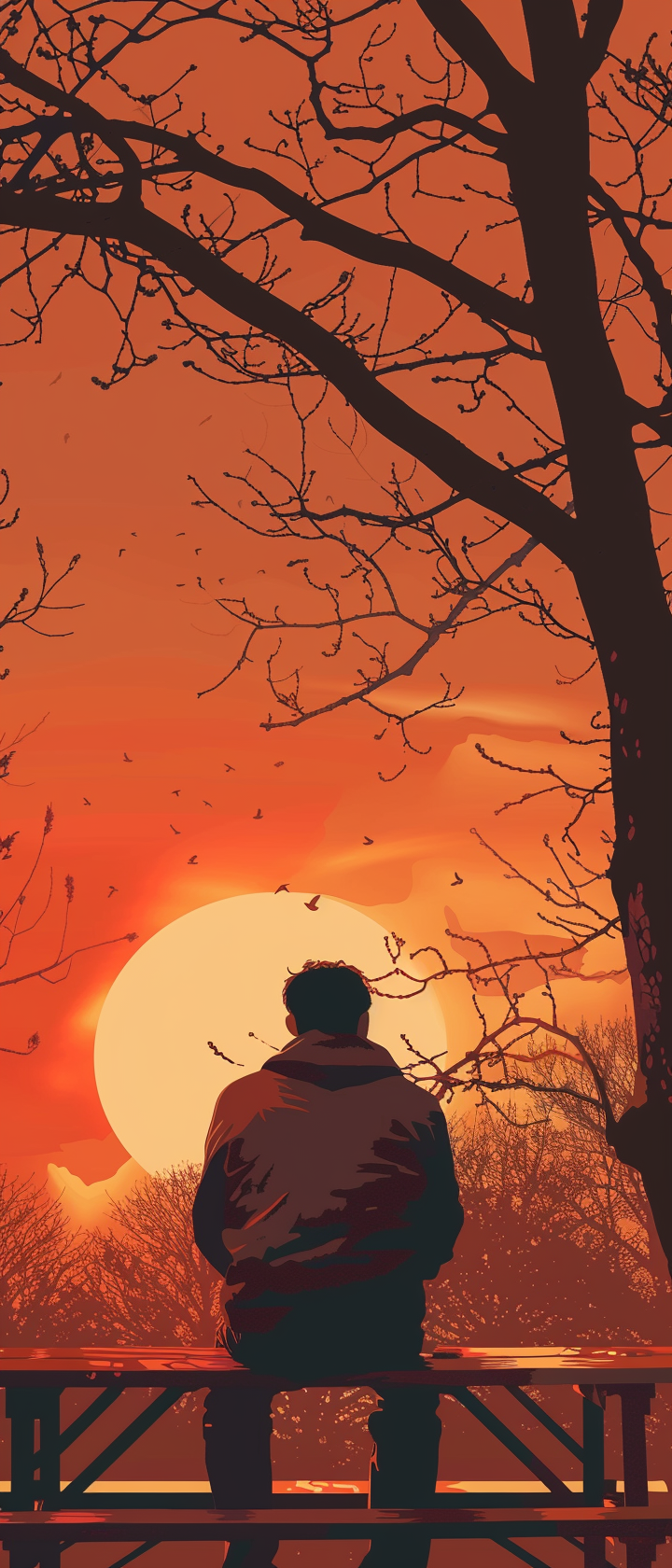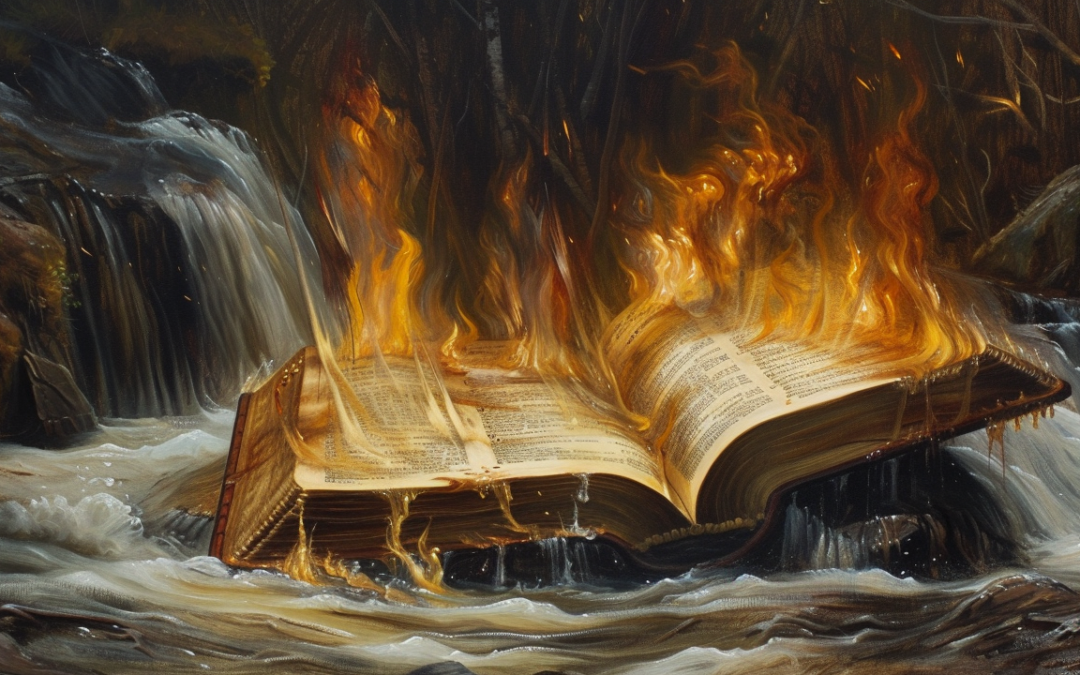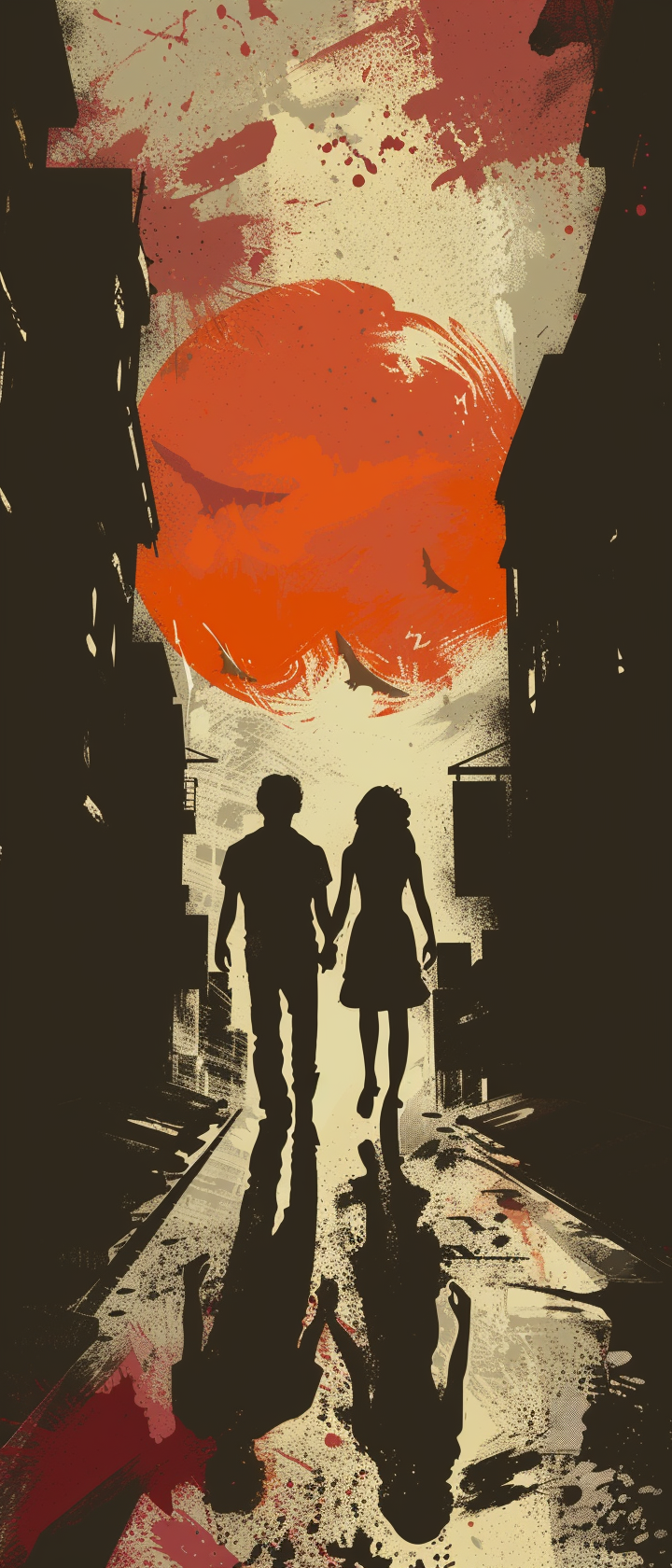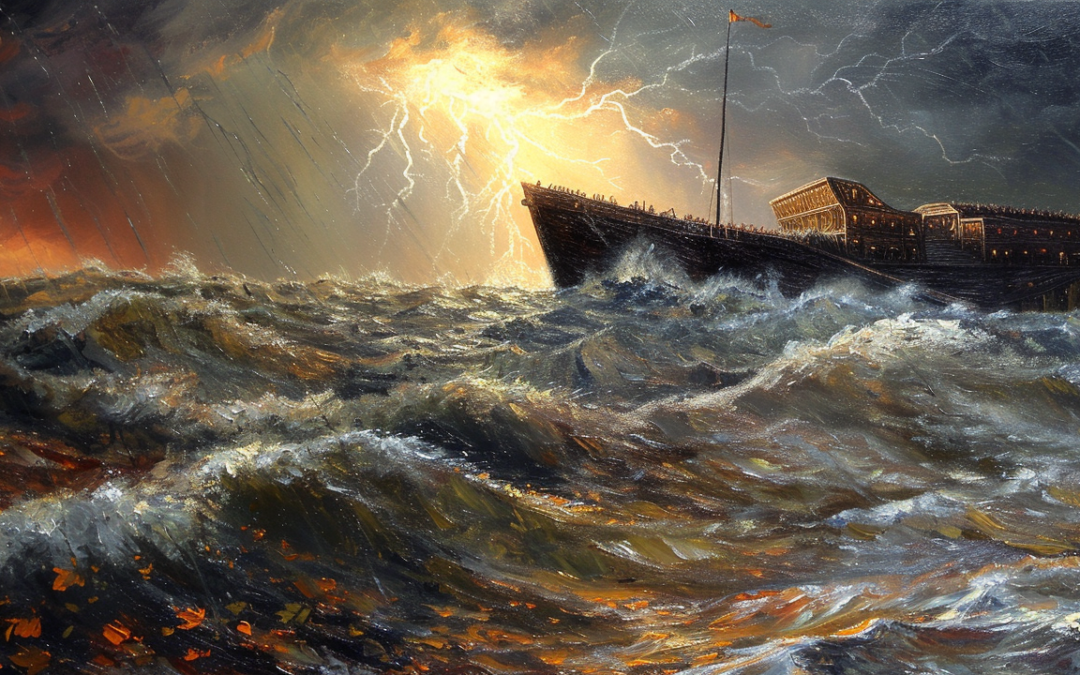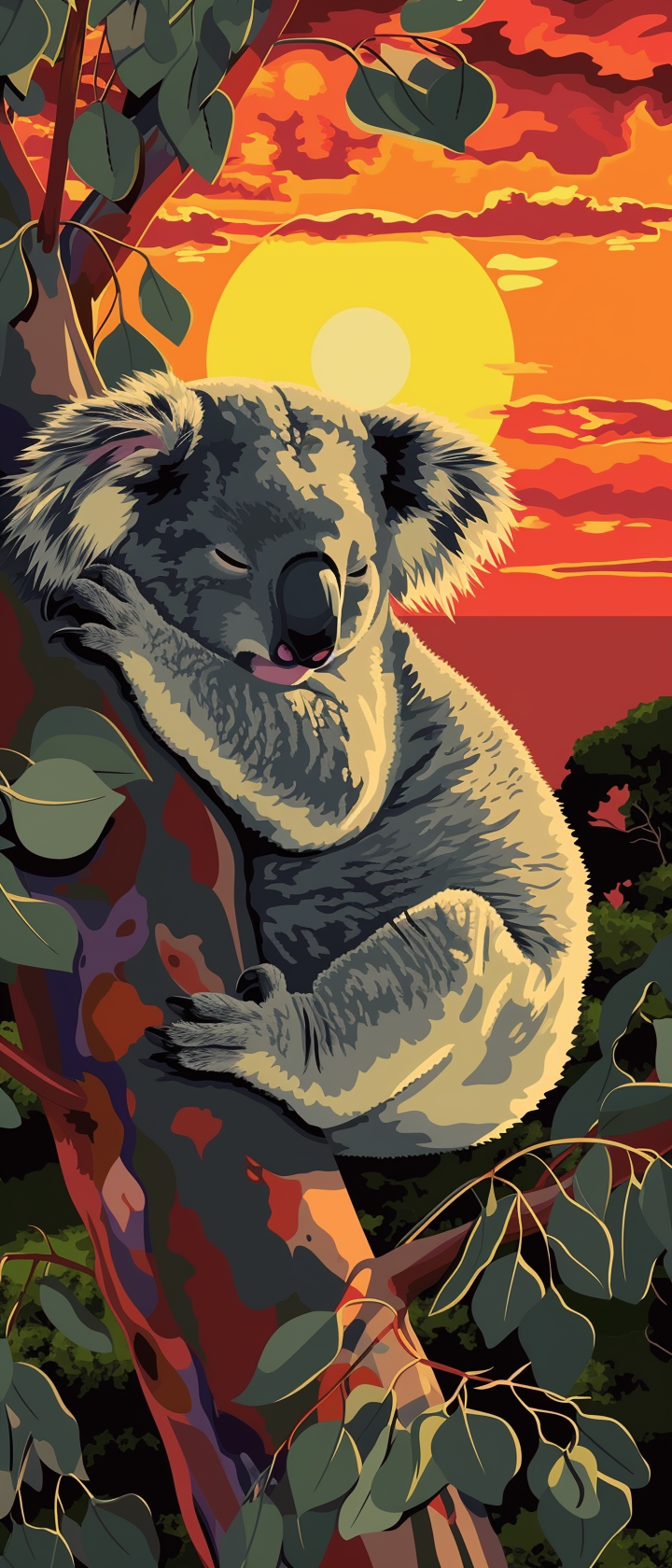
Sarah’s Journey to Authenticity
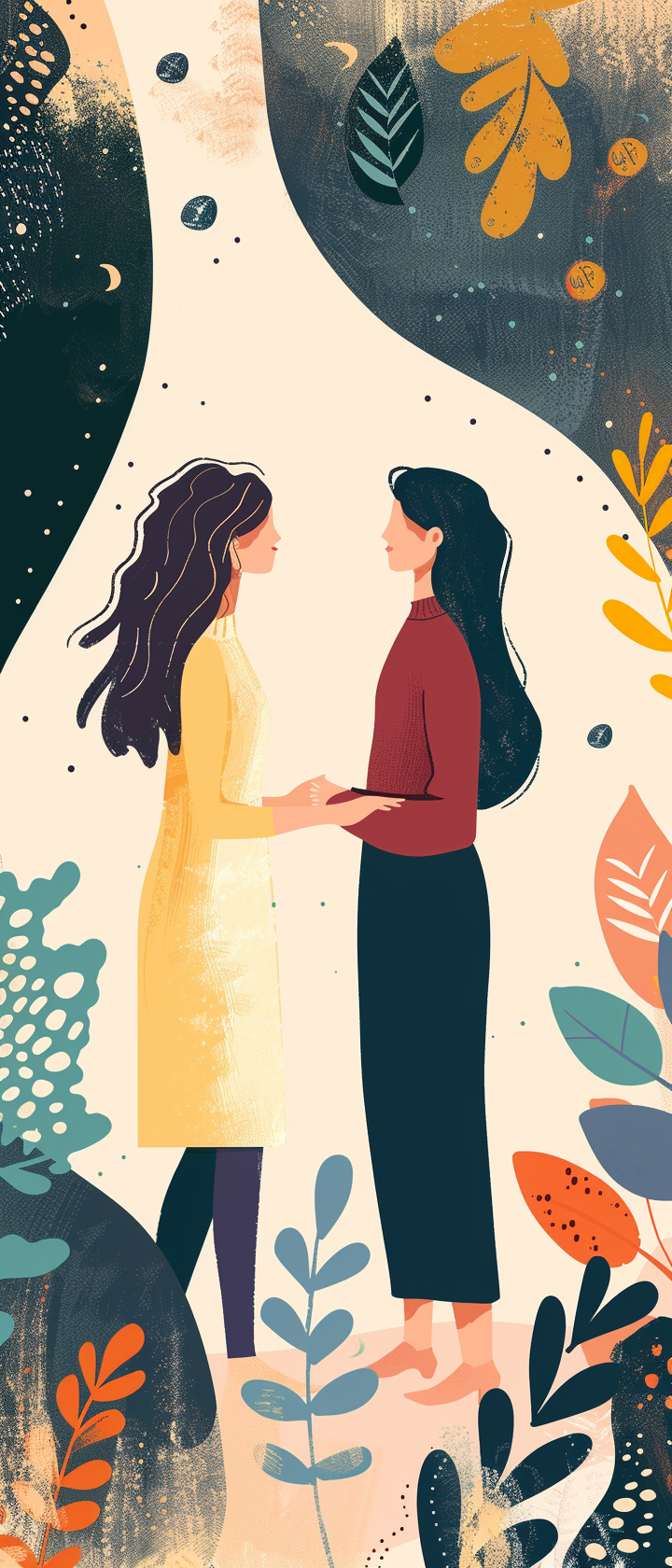
Sarah’s life was a tapestry of ancient texts, dusty manuscripts, and the quest for historical truths. As a historian specializing in early Christian texts, she dedicated her life to unraveling the complexities of the past, a passion fueled by a profound respect for the narratives that have shaped human history. Yet, her academic journey became an unexpected crucible, testing not only her intellect but the very foundations of her beliefs.
Struggles and Heartache
Sarah’s academic pursuits led her to confront the singular source dilemma head-on—the realization that the historical Jesus and the Jesus of faith might not align as neatly as she had been taught. This dissonance between knowledge and belief, between academic integrity and personal faith, thrust her into an isolating limbo. Friends who once engaged in spirited theological debates now withdrew, uncomfortable with the questions Sarah’s research unearthed. The community that had been her sanctuary became a source of silent judgment, echoing the internal conflict that tormented her.
The loneliness was palpable, a constant companion that whispered doubts and fears into the quiet moments of her day. Each manuscript read and lecture prepared became a battleground between the historian seeking truth and the believer clinging to faith. This tare of self, this division between the intellectual and the spiritual, left Sarah feeling adrift, caught between two worlds yet belonging to neither.
Finding Authenticity and Purpose
In the depths of this solitude, Sarah embarked on a deeply personal journey, one that would lead her to confront the fears that had long been instilled in her. The fear of hell, the rapture, and divine retribution had been omnipresent shadows in her life, shaping her actions and beliefs. Yet, as she delved deeper into her research, facing the silence of her erstwhile community, Sarah began to see these fears for what they were: chains that bound her to a faith that no longer resonated with her truth.
The process was gradual, a slow peeling away of layers built up over a lifetime. With each layer shed, Sarah discovered a sense of freedom previously unimaginable. She emerged as an agnostic atheist, finding peace in the acceptance of uncertainty and the embrace of empirical evidence over doctrinal assertions. The shame and guilt that had once constricted her every thought dissipated, replaced by a profound sense of liberation.
A New Calling
This transformation, though born from solitude, propelled Sarah into a new, unexpected calling. Drawing from her own experiences of deconstruction, she pursued a career as a counselor, specializing in guiding others through their own journeys of faith and doubt. Her unique blend of scholarly insight and personal empathy made her a beacon for those navigating the turbulent waters of belief and identity.
In her counseling sessions, Sarah employed the same rigorous standards of evidence and critical thinking that had guided her academic career, but with a newfound understanding of the emotional weight these questions carried. She became an advocate for those wrestling with the singular source dilemma, offering not just facts but a compassionate ear and a heart that understood the ache of loneliness and the fear of abandonment.
A Life Transformed
Sarah’s journey from historian to counselor was not just a career change but a testament to the transformative power of facing one’s deepest fears and questions. In helping others find their truths, she found not just her authentic self but a purpose that transcended academic accolades or religious dogma. The fears that once haunted her nights—hell, the rapture, divine judgment—were no longer specters lurking in the shadows but relics of a past self, a self that had journeyed through the valley of doubt to emerge in the light of understanding and peace.
As Sarah continues her work, she does so with the knowledge that her story is but one of many, each unique yet bound by the common threads of questioning, seeking, and ultimately finding a truth that resonates with the deepest parts of our humanity. Through her empathy and expertise, she offers a guiding light to those still walking the path she once trod, a beacon of hope in the often lonely journey of deconstruction and discovery.
